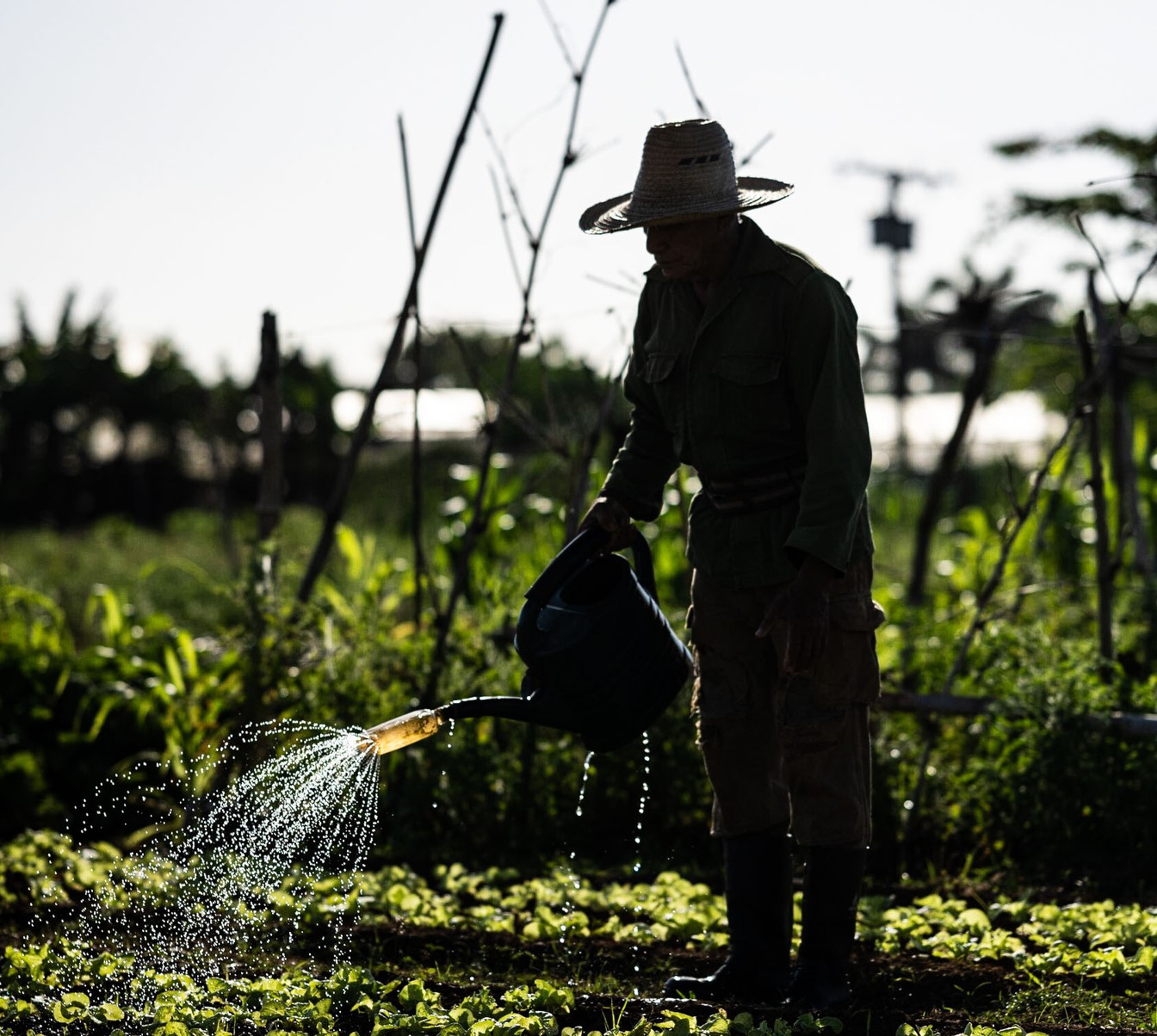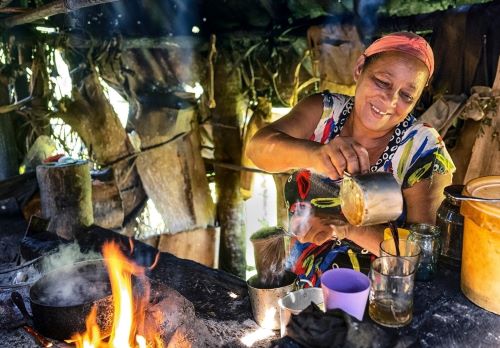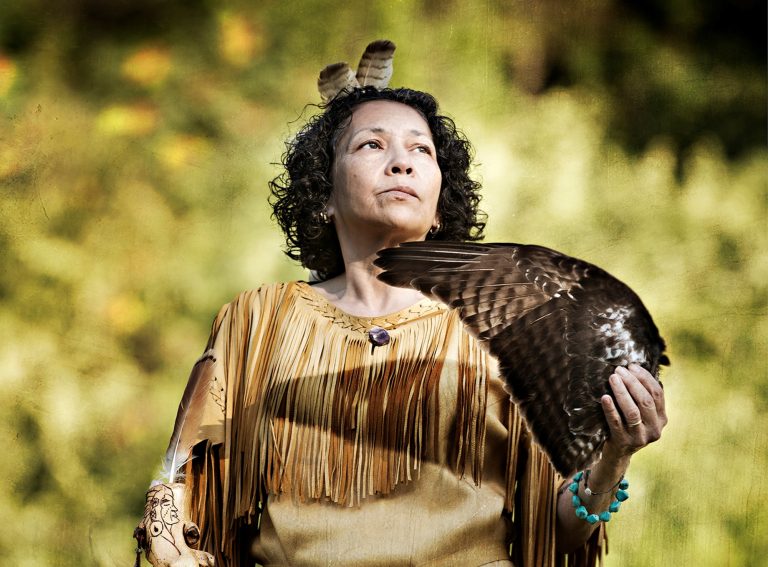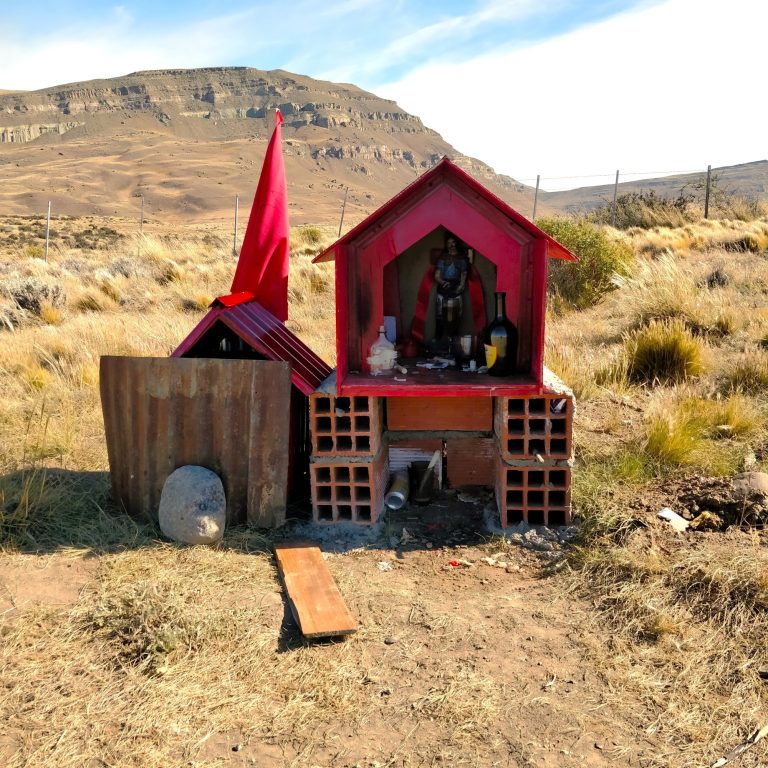The Ethics of Photographing Others
Todd Shapera and Lisa Levart, this year’s winners of the Lawrence Salley Photography Award have photographs on display, along with all finalists and awardees from previous years, in an exhibition named for the award.
The exhibition, on view in ArtsWestchester’s White Plains gallery through April 23, presents a variety of photographic practices from portraiture to the natural landscape. With photography capturing the imagination of the world outside the viewer’s immediate surroundings in White Plains, contemporary discourse from other cannons of history can be applied to these photographs. Asking for context, reasoning and ethical practice behind works of art are integral to understanding them[i] – Who is taking this photo? Why are they taking it? What is the relationship and power dynamic between the photographer and subject?
On first glance, it might seem that questions over ethics of photography are mainly focused on portraiture and imagery of people; however, landscape and pictures of the natural world can also be biased, altered and edited.
The works displayed in the Lawrence Salley Photography Award do not have a standard format in size, framing, or even technique. The varied qualities of every set of photos creates individual narratives; the story that emerges is one that the audience has to derive and interrogate.
Any type of artwork can be examined. The role of being stewards of the arts is to parse out these questions. Award winners Shapera and Levart have been prompted to reflect on this question: Considering that photography is an intimate medium that asks a subject to convey so much to the photographer, what is your philosophy when photographing others?
Todd Shapera responds:
“I’ve come to regard the camera, and photography, as a passport to engage more intimately with people and cultures than what might occur in casual encounters when I’m not photographing.
When abroad and newly engaging with people, I try to approach as a curious, non-judgmental, listener and storyteller. During the photography part of our interactions, I’m trying capture their unguarded moments of expression and emotion, as well as how the scene’s lighting and composition help define their moment. The ultimate goal – creating a meaningful visual experience that tries to capture the essence of my subject.
When photographing in challenging places abroad, where residents with threadbare lives struggle to get by on less than $1 a day, I’m especially seeking to capture my subjects’ inner beauty and dignity. I want to convey their humanity and richness of spirit that transcend their economic challenges. During my travels to Cuba since 2016, when I appear as a stranger at the wire fences outside campesinos’ cabins, they wave welcoming arms, inviting me in. I’ve been especially captivated by their warmth, their trust, and their openness to connection and conversation.”
Lisa Levart says:
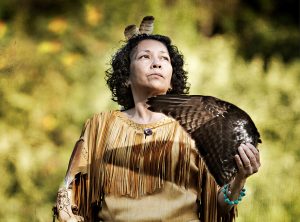
“My subjects are women and [the photographs look at] how our stories connect us to one another. I am inspired by co-creating, reflecting, listening and allowing each woman to identify how she desires to be seen. My creative process starts with a conversation:
What does the woman want to express?
What sacred story does she want to portray?
How does her modern-day life reflect this myth?
What aspect of themselves do they want the viewer to see?
It isn’t until the woman is clear on how and what she wants to portray that I pick up a camera. At that point, we have developed a deep sense of trust and we know what we want to say. Once we are on the land for the photo session, we leave space for magic. All the work has already been done, and now we can just play. In reality, the photo session doesn’t take that much time at all.
Another thing; I never ‘shoot’ an image. Language is important, and that word represents a violent act. My process rather is collaborative, making space for personal agency, and the radical act of declaring, ‘See me.’”
[i] Photography Ethics Centre, Photography Ethics and Why They Matter – Photography Ethics Centre, April 25, 2018.
In-Text Citation: (2018)
[1] Photography Ethics Centre, Photography Ethics and Why They Matter – Photography Ethics Centre, April 25, 2018.
In-Text Citation: (2018)
Photo Credit: Todd Shapera

